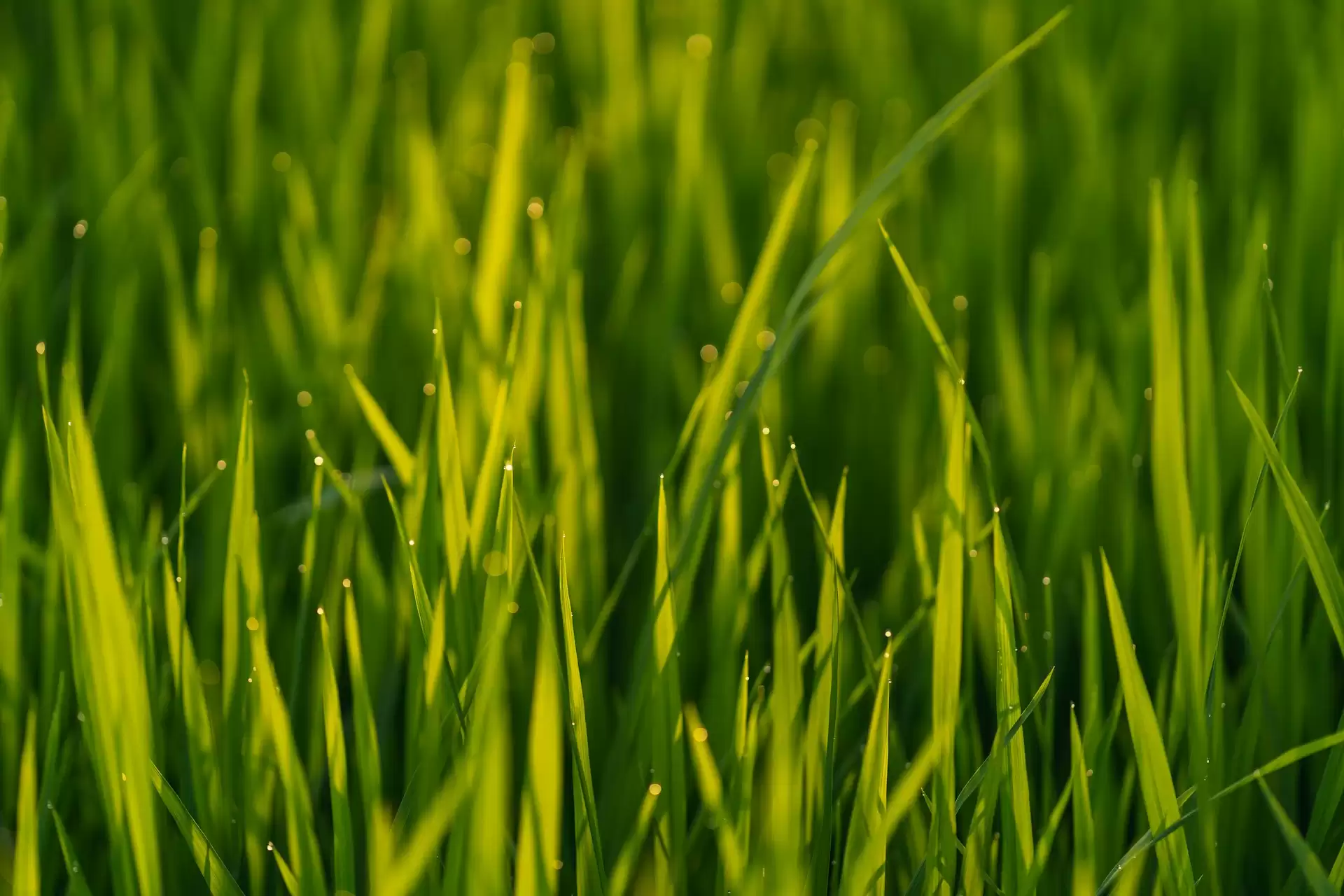Today, climate change is not only a global challenge but also an urgent task for every country, requiring collaboration across all sectors. In this context, the “Net Zero Journey” program on VTV9 was launched with the goal of raising public awareness about climate change and promoting sustainable activities in Vietnam. This program has garnered special attention from viewers by offering practical solutions suited to the realities of Vietnam, particularly in the agricultural sector.
Sustainable Development in Agriculture – The Review Conference in Đắk Lắk
In early 2024, Đắk Lắk, one of Vietnam’s largest rice-growing provinces, hosted a Review Conference on sustainable development in agriculture. This conference marked significant milestones in transitioning traditional agriculture towards green, sustainable farming, reducing greenhouse gas emissions, and optimizing productivity. One of the key focuses of the conference was the introduction and implementation of the “Smart Rice” model, a new farming approach expected to revolutionize Vietnam’s agricultural sector.
The “Smart Rice” Model – A Solution for Sustainable Agriculture
“Smart Rice” is not just a promising phrase, but it also represents the integration of modern technology and biological solutions to improve rice farming processes. This model applies the BNS process (BSB Nano Technology – Net Zero Carbon – Spiro Carbon), a process that uses advanced technology to enhance crop yields and reduce environmental impacts. By using AI technology to manage farming processes and combining it with biological solutions, this model not only increases rice productivity but also significantly reduces CO2 emissions from agricultural activities.
In the context of climate change causing negative impacts on the environment and agriculture, the application of advanced technologies such as AI and biological solutions has become an inevitable trend. The BNS process is highly regarded for its ability to optimize production, from reducing the use of chemical fertilizers to controlling irrigation levels, thereby lowering greenhouse gas emissions and protecting land and water resources.
Đắk Lắk – A Model for Sustainable Rice Development
Đắk Lắk currently has a large rice-growing area, with many high-quality rice varieties being produced according to VietGAP and organic standards. This not only meets domestic demand but also creates favorable conditions for exporting high-quality rice to international markets. At the conference, agricultural experts emphasized that sustainable agricultural development is crucial to improving product yield and quality while minimizing negative environmental impacts.
One of the notable successes of the conference was the announcement of plans to develop 500 hectares of low-emission rice during the 2024-2025 Winter-Spring crop season. This is a significant step forward in realizing the Net Zero goal – a commitment Vietnam is pursuing to reduce greenhouse gas emissions and aim for sustainable development.

Net Zero – Vietnam’s Long-Term Goal
Net Zero refers to the balance between the amount of greenhouse gases emitted and the amount absorbed or reduced through specific measures. For Vietnam, this goal is not only an international commitment but also a driving force to promote socio-economic development in a sustainable direction. In agriculture, one of the largest sources of emissions comes from rice farming, particularly methane released from paddy fields.
To achieve the Net Zero goal, Vietnam has been implementing various measures to reduce emissions, from technological improvements to raising farmers’ awareness about sustainable agriculture. The “Smart Rice” model is a prime example, demonstrating that the integration of science, technology, and agricultural practices can yield outstanding results.
The Role of the Community and Media Programs
In the journey toward Net Zero, the important role of the community and media programs like “Net Zero Journey” on VTV9 cannot be overlooked. The program not only provides accurate and up-to-date information on climate change but also introduces specific solutions, helping viewers better understand the importance of sustainable development.
Through these efforts, “Net Zero Journey” has contributed significantly to educating the public and encouraging active participation from individuals, businesses, and the government in Vietnam’s broader climate goals. The review conference in Đắk Lắk, with its focus on smart rice farming and reduced emissions, aligns with the national agenda of pushing agriculture towards a greener future, demonstrating that sustainable practices are not only achievable but also vital for long-term prosperity.
Conclusion
As Vietnam continues to face the impacts of climate change, initiatives like the “Net Zero Journey” program and sustainable agricultural models such as “Smart Rice” provide a clear pathway toward a greener and more resilient future. By embracing technological innovations and encouraging community engagement, Vietnam is taking meaningful steps to achieve its Net Zero goals and contribute to global efforts to combat climate change.







